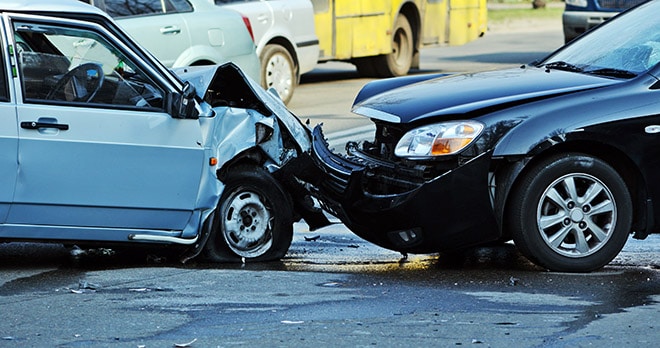Thousands of drink drivers are reoffending – what does this mean for claimants?

I was horrified to learn this week that, despite increasing awareness of the risks, 32% of the population have admitted to drink driving once. Even worse, since 2000 the road charity Brake has reported that there have been 45,989 motorists convicted for a second offence of drink driving and 5,360 with 3 convictions.
Whilst some of these particular motorists may consider that the only person they hurt when they drink drive is themselves, all too often they can end up colliding with other road users. Since 2014, 240 people in Britain have been killed as a result of a driver who was over the drink drive limit, 13% of all road deaths. That’s before we consider the many others who suffer significant and life-changing injuries. In fact, for every 25 deaths, it is estimated that a further 95 people are injured as a result of a driver who has been drinking.
How does drink driving affect injury claims?
As personal injury solicitors, all too often we see the effects of drink driving on other potentially vulnerable road users. We have acted for individuals who have suffered truly horrific and life changing injuries including brain injuries, spinal cord injuries, polytrauma and death as a result of drivers who were over the drink drive limit.
It is not however simply drivers who are over the drink drive limit who are responsible for injuries or death to other road users when alcohol is involved, it is estimated that as many as 25 deaths per year on our roads are caused by drivers who have had a drink but who are not over the limit.
Whilst it may not be possible to conclusively say that alcohol was the sole cause of these deaths, it is apparent that it may well have been a contributing factor as each of us process alcohol differently and the amount one person can drink and remain in control can be very different from the amount another can.
Whilst it varies from case to case, if the driver is insured you can usually expect a reasonably speedy admission of liability from the defendant. It can be particularly quick if the driver has been convicted, as this reverses the burden of proof (i.e. they need to prove they were driving safely rather than the claimant proving they weren’t).
It is possible in some cases that an insurer may refuse to indemnify their client. This could therefore make things more difficult for the claimant. However it is a rare occurrence. Those who do need to make a claim against someone who is uninsured, or who was never traced, can do so through the MIB.
As the festive season approaches and many of us are meeting up with friends and enjoying a drink or two I know that I for one will be thinking very carefully about the amount I or my loved ones drink before driving home and I hope others will do the same.